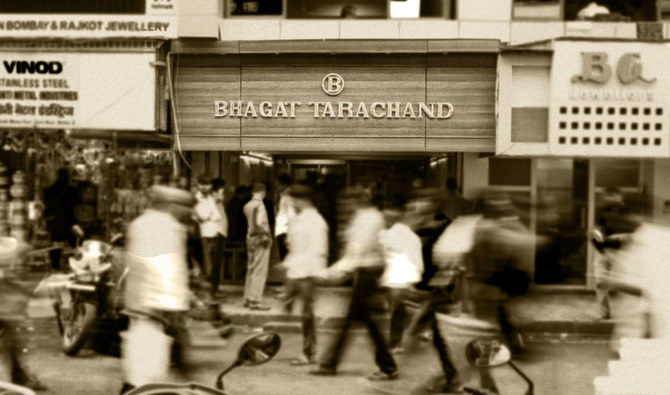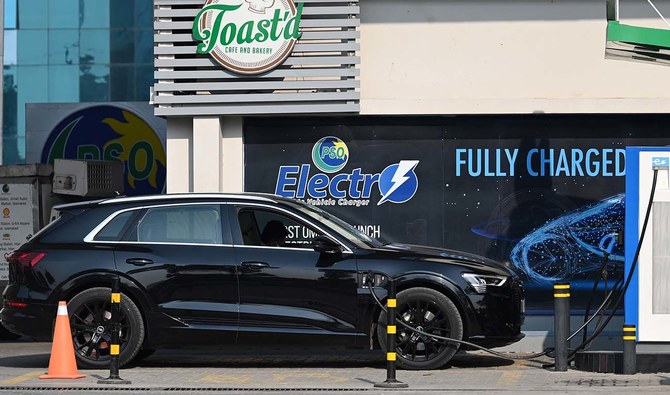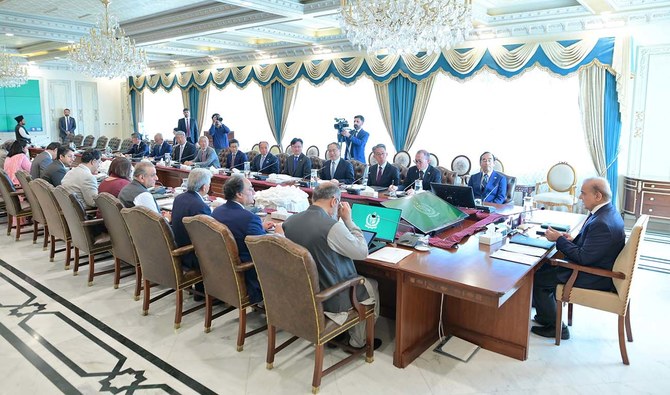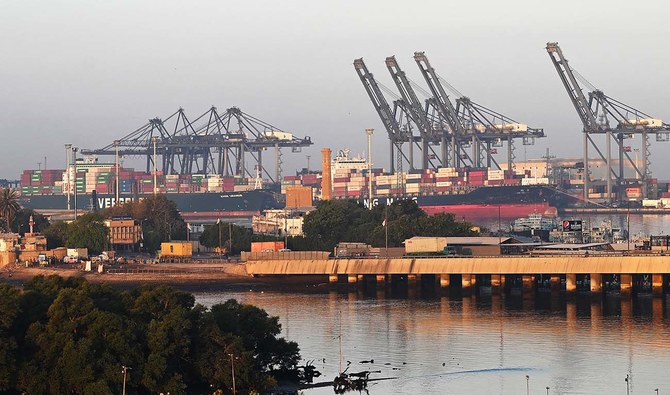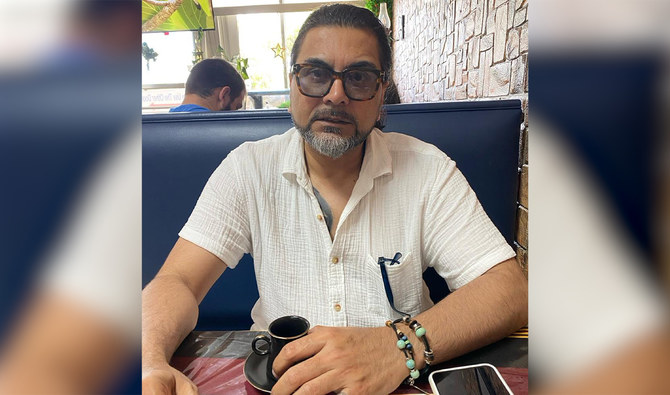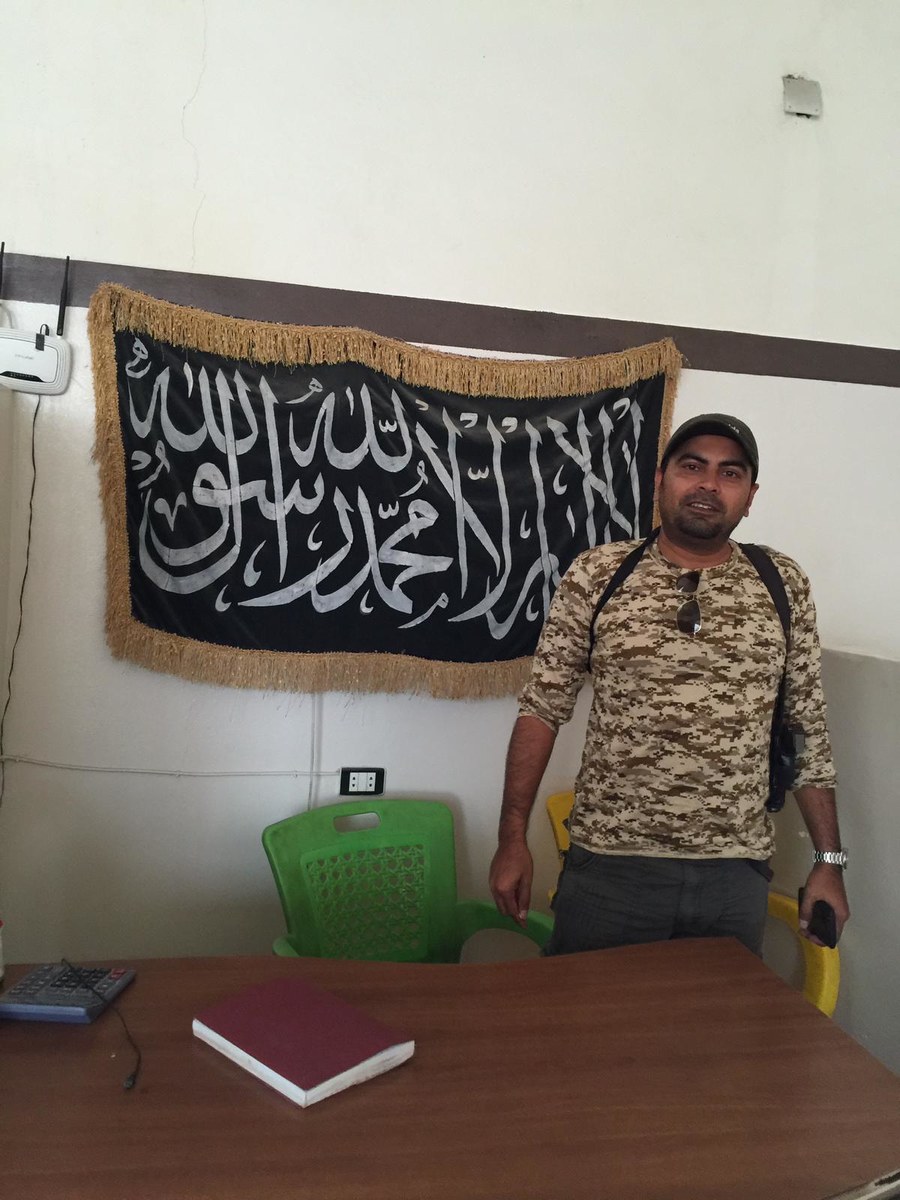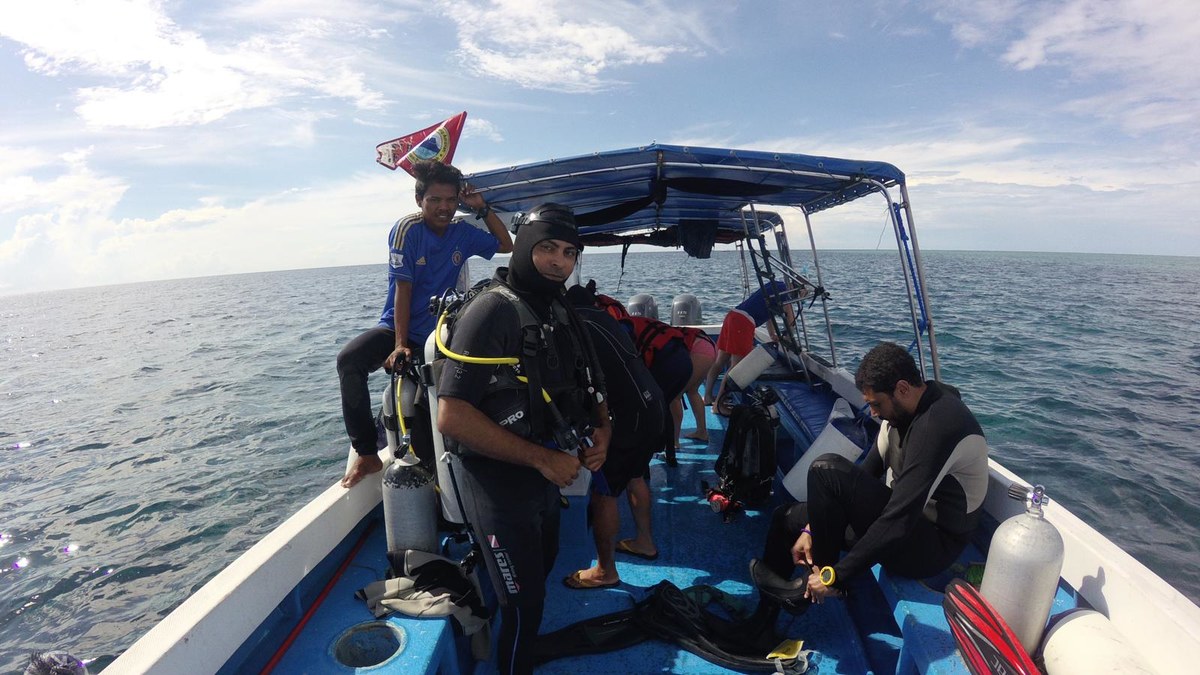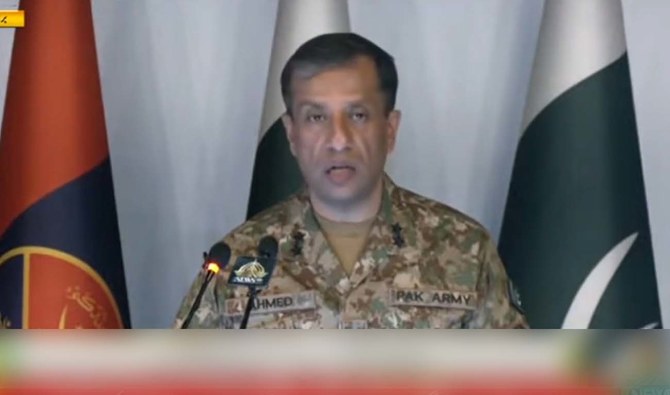NEW DELHI/KARACHI: Some of the oldest dishes at the Bhagat Tarachand restaurant are the potato curries that Prakash Chawla’s grandfather had cooked at a small eatery in 19th-century Karachi. Nearly 130 years later, they are still on the menu, although across the border, in Mumbai.
Established by Tarachand Chawla in 1895, the restaurant started in the seaside megapolis and the capital of what is now the Pakistani province of Sindh.
It served simple meals of Sindhi roti — wheat flour bread spiced with onions and ghee — and seasonal vegetables.
Initially nameless, Chawla’s eatery soon became known after his name and the honorific “bhagat” (a noble man) that people had added to it in reverence.
“My grandfather was a generous man, and he wouldn’t let anyone go hungry, whether that person had money or not. That way ‘bhagat’ was added to his name,” Prakash told Arab News.
Bhagat Tarachand died in Karachi in 1942, a few years before the partition of the British Raj.

The undated file photo shows the chole bhatura platter from the menu of Bhagat Tarachand restaurant. (Photo courtesy: Bhagat Tarachand)
In 1947, when it was split into Hindu-majority India and Muslim-majority Pakistan, his sons, including Prakash’s father, Khemchand, moved to Mumbai on the Indian side — some 900 km away.
The family became part of one of the biggest migrations in history, which forced about 15 million people to swap countries in a political upheaval that cost more than a million lives.
“It was not an easy beginning after moving to India, with my father struggling to establish the restaurant in Zaveri Bazaar,” Prakash said. “It was just a six-table eatery.”
The restaurant has since been officially known as Bhagat Tarachand, in memory of its founder.
Once the business started to flourish, Khemchand’s brothers opened different branches. He remained at the original location in the historical Mumbai gold market, where Prakash started to work at the age of 19.
Nearly half a century later, he is still leading the business, has expanded it into a four-story restaurant, and new dishes to the menu.
Now one of India’s leading vegetarian restaurants, Bhagat Tarachand has 25 branches led by Prakash and his cousins across the states of Maharashtra, Gujarat and Madhya Pradesh.
The most popular meal at his outlets is a vegetarian platter.

The undated file photo shows popular items from the menu of Bhagat Tarachand restaurant. (Photo courtesy: Bhagat Tarachand)
“In the vege platter, we give three types of vegetables, lentils, chapati, rice or pilav, as per your choice, one sweet dish, one crispy item, and a pickle,” he said. “It is sufficient for two people”.
Some other flavors have been there since the Karachi times: aloo matar — potato and pea curry — and aloo methi — potato and fenugreek curry.
“Those are some of the oldest dishes that we’ve been serving since at least my father remembers,” said Vishal Chawla, Prakash’s son, who helps him run the business.
“When my great-grandfather ran the restaurant, my grandfather, and even to a certain extent my father, there was no menu card. They used to write just the dish of the day ... It depended on, you know, what were the fresh vegetables available in the market.”
Setting sights on expansion to the UAE and Singapore, both of which have significant Indian diasporas, Vishal has been also thinking about his ancestral city.
But as long as India and Pakistan have a complicated relationship, even obtaining a visa is not easy. One of his uncles has already tried, but to no avail.
“I hope that our countries have better relations in the future, at least in my lifetime ... And if that becomes a possibility, I would love to reconnect with the roots of this restaurant,” he said.
“From the perspective of our restaurant and family, they are all proud that they are able to continue this legacy.”



